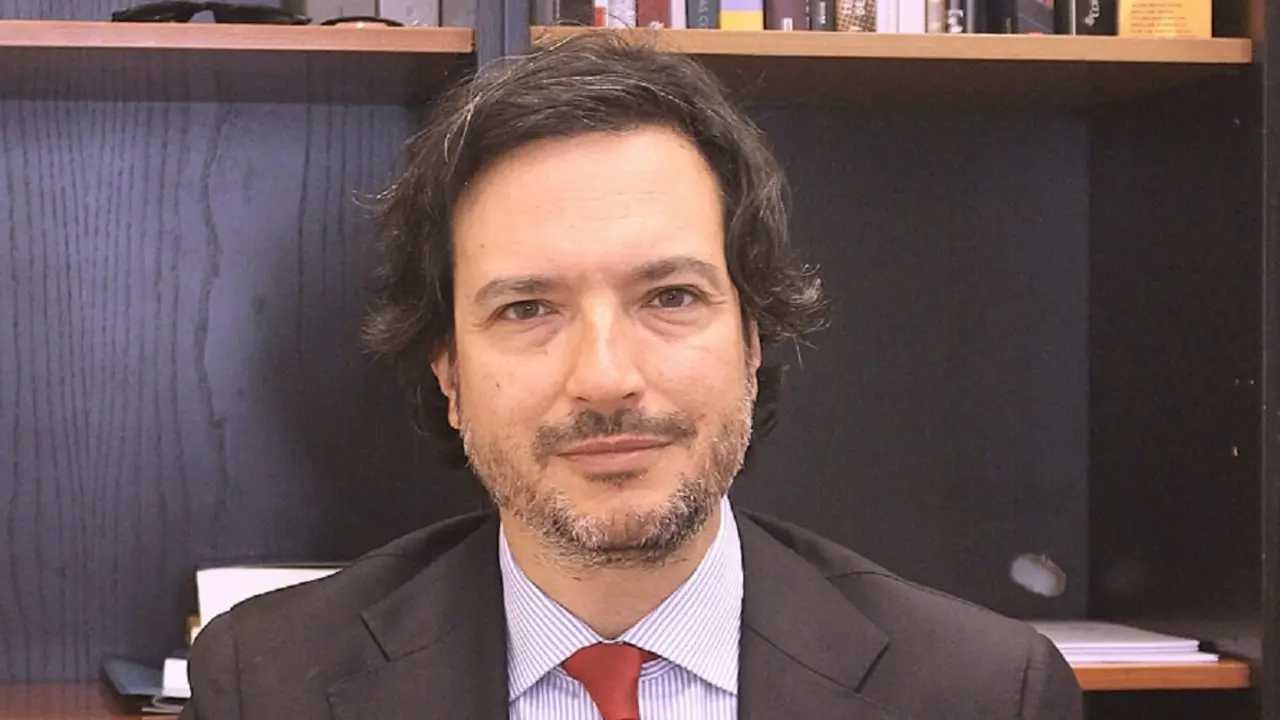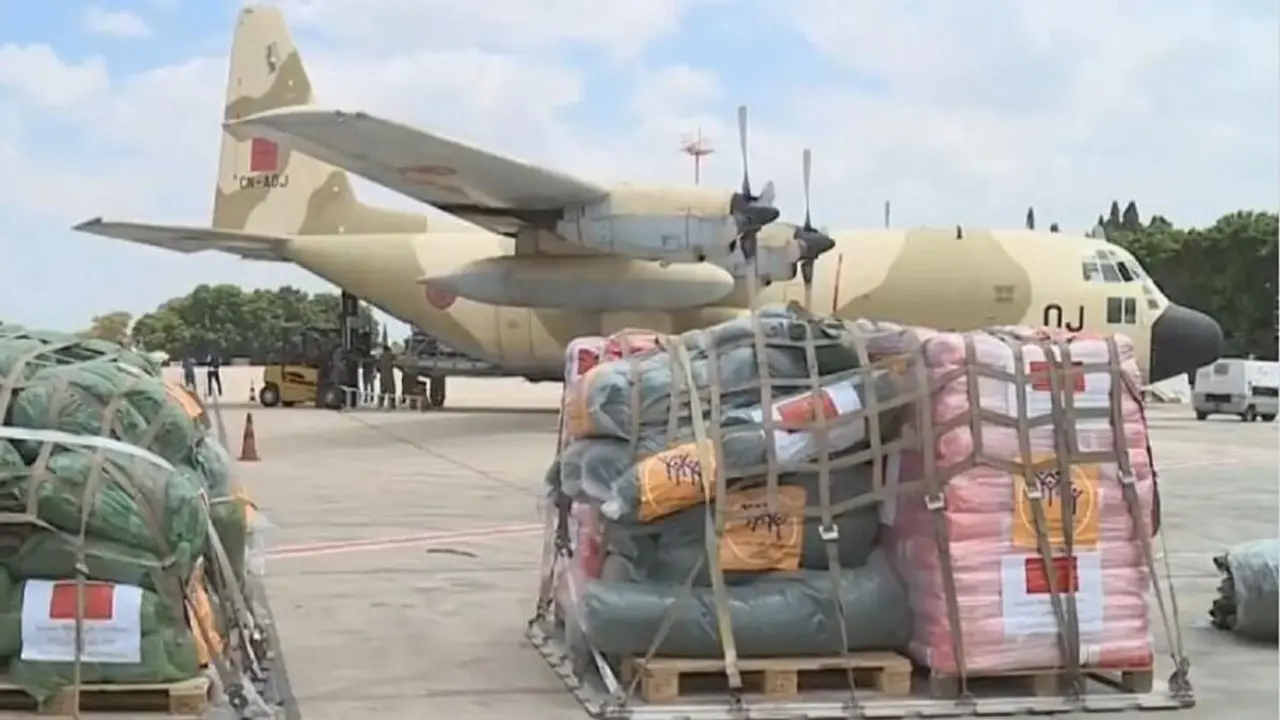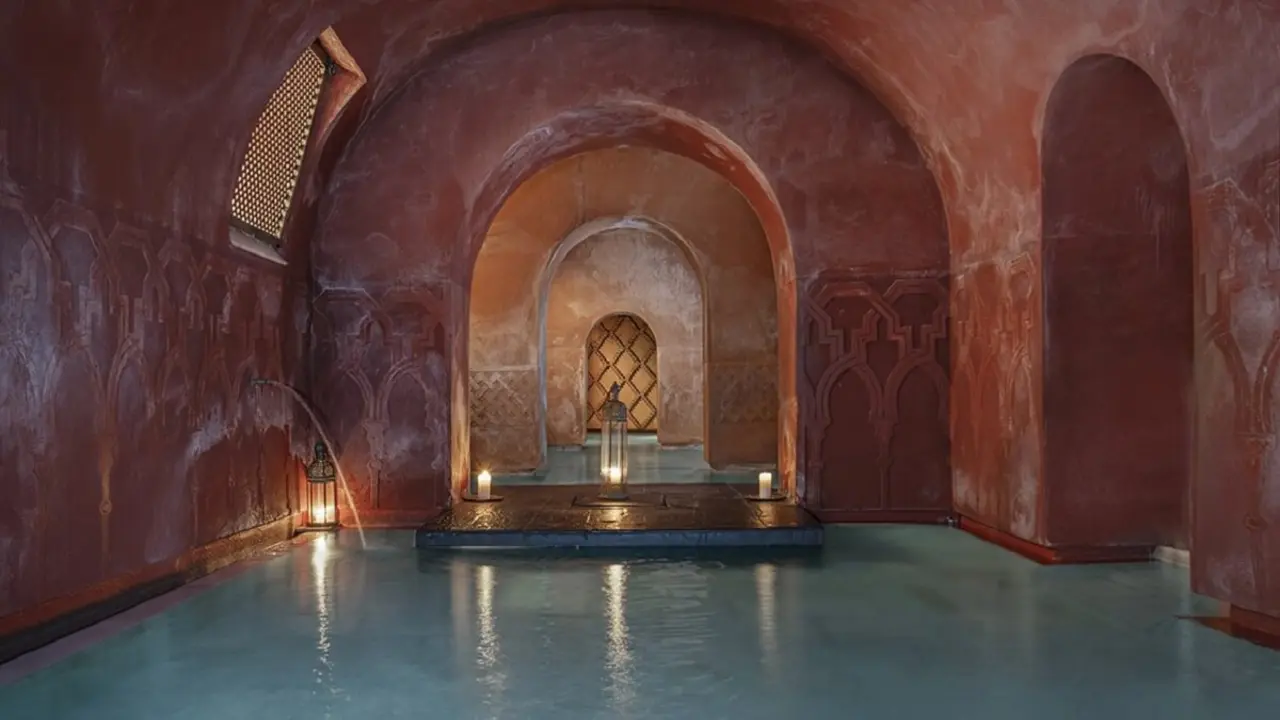Emirates provides free satellite education to its students through the operator Yahsat

The UAE Ministry of Public Education led by Jameela Al Muhairi and the national mobile satellite communications operator Yahsat have launched a free remote education programme for schoolchildren and students across the country who have seen their schools closed due to the COVID-19 pandemic. The measure provides access to the Ministry of Education's smart learning portal and different e-learning platforms via satellite Internet to all those children and youths who have had to stay at home to avoid being infected.
The responsibility for this effort belongs to Yahsat, which provides free access to its high-speed satellite broadband services to students and teachers throughout the Emirates, in particular to those living outside the cities who don't have ground-based networks to connect to the Internet. Through the satellite links, technical support and applications offered by the five satellites managed by Yahsat, students and teachers can continuously access the virtual collections of major national and foreign libraries, as well as educational and collaborative platforms that ensure learning and the exchange of knowledge from home.
Thanks to the web browsing packages offered from space, the national operator's space platforms provide immediate access to e-mail, information and entertainment platforms and social networks such as YouTube, Whatsapp, Instagram, Messenger and others.

The newly activated program is a further step of the Remote Learning Initiative led by Minister Jameela Al Muhairi. With more than 20 years in management positions in the Emirates' education system, the project now being launched aims to "leave the conventional method at its minimum" and to reinforce "the new intelligent learning systems" with technological capabilities, stresses the Minister of Education.
Founded in 2007, based in Abu Dhabi and wholly owned by the government investment group Mubadala Investment Company, Yahsat has three satellites in orbit that it owns for fixed transmissions, plus another two from the operator Thuraya, a company it acquired in August 2018 and which provides mobile communications services.

In total, the five fixed and mobile satellite communication satellites at Yahsat's disposal offer their services "to more than 4 billion people in more than 160 countries," the company says. But only one is sufficient to meet the learning needs of the youth of the Emirates.
An official provider of voice, data, television, Internet and secure communications services to the ministries and institutions of the Emirate's government and its armed forces, Yahsat also offers satellite broadband for health care and provides services for water and energy management, which are key in a country like the Emirates. Similar services are also offered to different countries in the Middle East, Europe, Australia, Central and West Asia that are reached by signals from the five space platforms.

Its services are landing from 2016 in Central and South America - for example, Colombia and Brazil - and are widely accepted in about twenty countries in Africa, where its emissions reach 60% of the population as a result of an alliance between Yahsat and the European operator SES.
The group is led by Masood Sharif Mahmood, a computer system engineer from Boston University and Master's degree in Finance from McGill University in Montreal. Appointed as Yahsat's top executive in June 2013, he is a highly respected man among space telecommunication company executives. He has extensive experience in the business sector, having held important positions in various financial and technological companies prior to his appointment as Yahsat's top executive.

The project Yahsat is carrying out in collaboration with the Emirates Ministry of Education a kind of gift to Masood Sharif Mahmood. In his many annual speeches at different space forums around the world, he repeats over and over again that his goal in life is to make Yahsat "a place where children dream of working", and a company that "our younger generation is proud of". And the pandemic has given him the opportunity to make it happen.
The constellation Yahsat consists of the Al Yah 1, 2 and 3 platforms, which will be placed in orbit in April 2011, April 2012 and January 2018, respectively. The two communication satellites of the operator Thuraya - much better known than its parent company thanks to its mobile phones - have two satellites. Thuraya 2 has been in space since June 2003 and Thuraya 3 since January 2008. Thuraya 1 was placed in orbit in October 2000, but suffered a serious malfunction that keeps it out of service.









